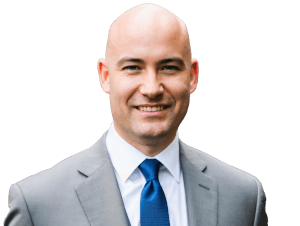Transcript:
If your loved one is a resident of a nursing home or assisted living facility, then you have no doubt heard the term “Braden Scale.” This is particularly true if your loved on uses a wheel chair or spends much of his or her time in bed. The Braden Scale is a test that assesses the resident’s risk of developing a bedsore.
Bedsores, also known as pressure ulcers, pressure sores, or decubitus ulcers, are injuries to the skin and underlying tissue caused by prolonged pressure or shear to particular part of the skin. Nursing home residents are particularly susceptible to this injury because they are more likely to spend time in one position, such as laying prone in bed. Bedsores often occur where the most weight is placed, such as the tailbone, sacrum, heel, and buttocks.
The Braden Score consists of 6 indicators of risk: sensory perception, moisture, activity, mobility, nutrition, and friction or shear. Each indicator will be scored from 1-3, or 4, and then tallied together. Scores range from 6 to 23. The lower the score, the greater the risk that the resident will develop a bedsore.
Very High Risk: 6-9
High Risk: 10-12
Moderate Risk: 13-14
Mild Risk: 15-18
No Risk: 19-23
A bedsore risk assessment should be conducted by nursing home staff upon your loved one’s entry into the facility. This way, the facility can provide the appropriate interventions, treatment, and medication to prevent bedsore development.
The Braden Scale can be an important weapon to fight bedsore injuries. But the assessment is only as good as the preventions that are put in place. If the nursing home fails to assess the risk, or fails to implement precautions, then they may be liable for the injuries caused.
If your loved one resides in a nursing home or assisted living facility, then request to see the medical records and pay attention to the results of the Braden Scale assessment. Ask questions about what steps the facility is taking to help your loved one.

If your loved developed bed sores at a nursing home or assisted living facility, and you are wondering if you have a claim, then please, feel free to call and speak to one of our experienced Georgia nursing home neglect lawyers today. Our consultations are always free.





